Pasteur 2030
Strengthening our position as a global reference in research on infection and populations' health.
Strengthening our position as a global reference in research on infection and populations' health.
Institut Pasteur prepares for the scientific and societal challenges of the future, by developing an ambitious strategic plan for 2030.
In view of the many risks to human health, such as infectious diseases, antibiotic resistance, aging, climate change, chronic inflammatory diseases, cancers (which increasingly affect young people) and neurodegenerative diseases, Institut Pasteur aims to strengthen its role as the world's leading research organization in understanding and combating these diseases by 2030.
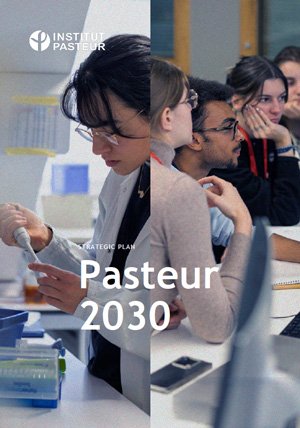
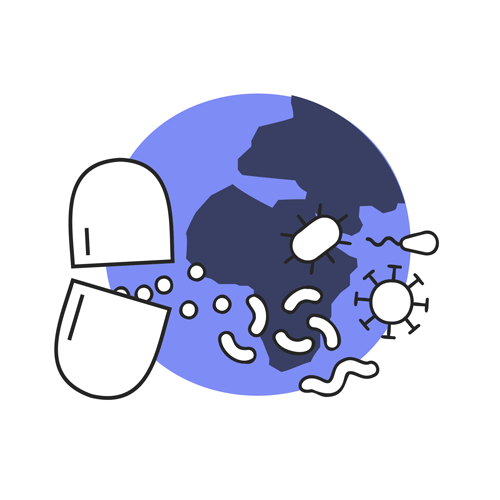 |
Priority 1. Infectious threatsFighting infectious diseases and resistance to antibiotics and other antimicrobial agents |
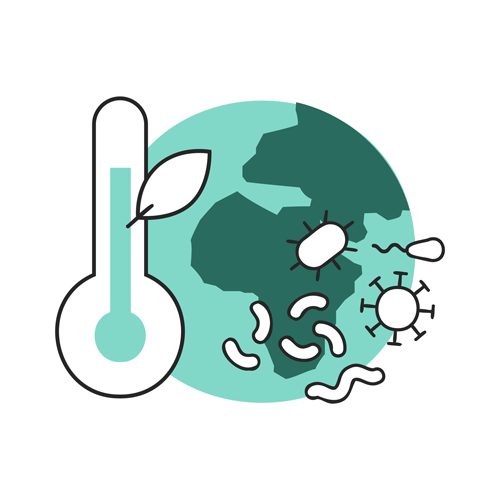 |
Priority 2. Environmental transitions and healthUnderstanding the impact of climate change and ecological transitions on health and diseases |
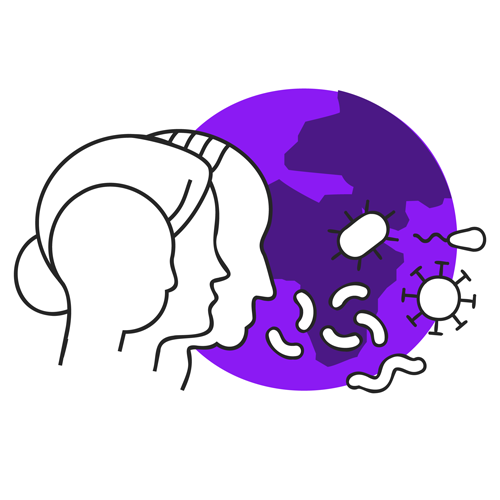 |
Priority 3. Disease genesisStudying the underlying mechanisms of non-communicable diseases and inflammation |
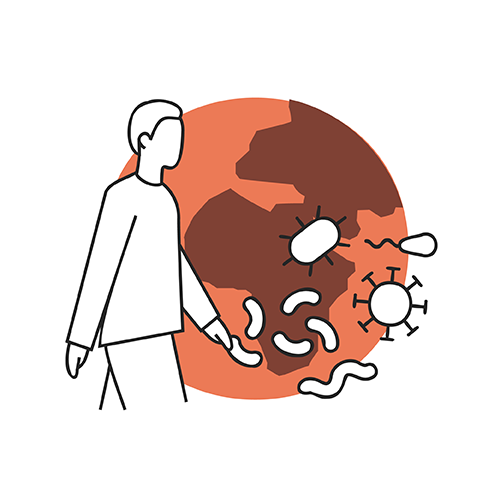 |
Priority 4. Health and disease at extreme ages of lifeExploring physiology and immune responses at key life stages, particularly early development |
To succeed, we need everyone's mobilization: the mobilization of Pasteurians (Institut Pasteur employees), of course, but also the mobilization of players in the world of research and healthcare, in France, Europe and internationally, and finally that of all those - individuals, companies, philanthropists - who feel concerned by these challenges and are ready to support us.
As an independent foundation acting in the public interest since 1887, the Institut Pasteur has the capacity to adapt and provide a decisive response on the French, European and international scientific scene.